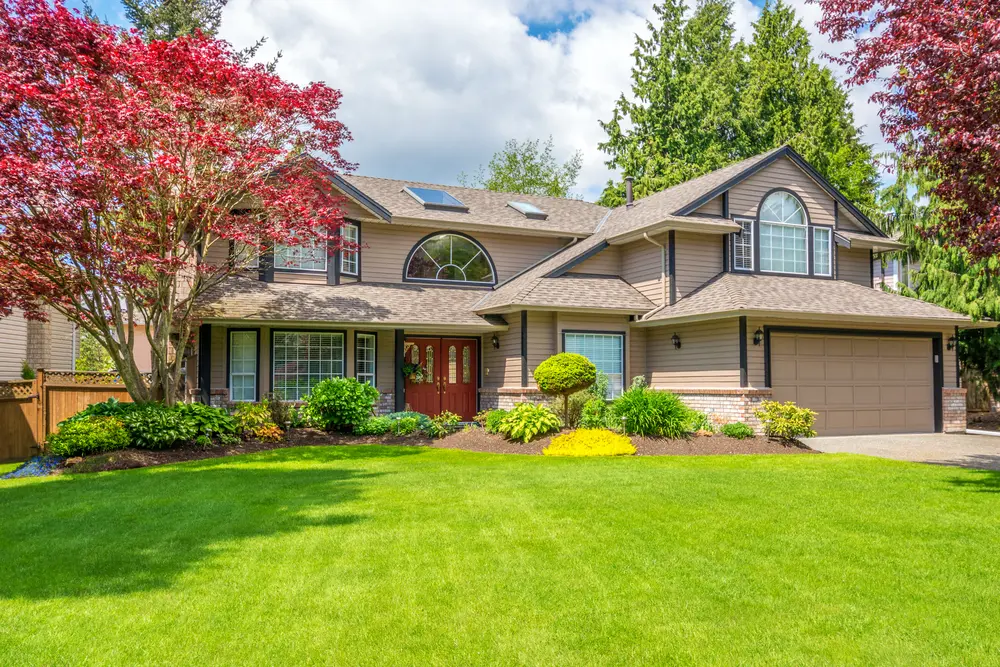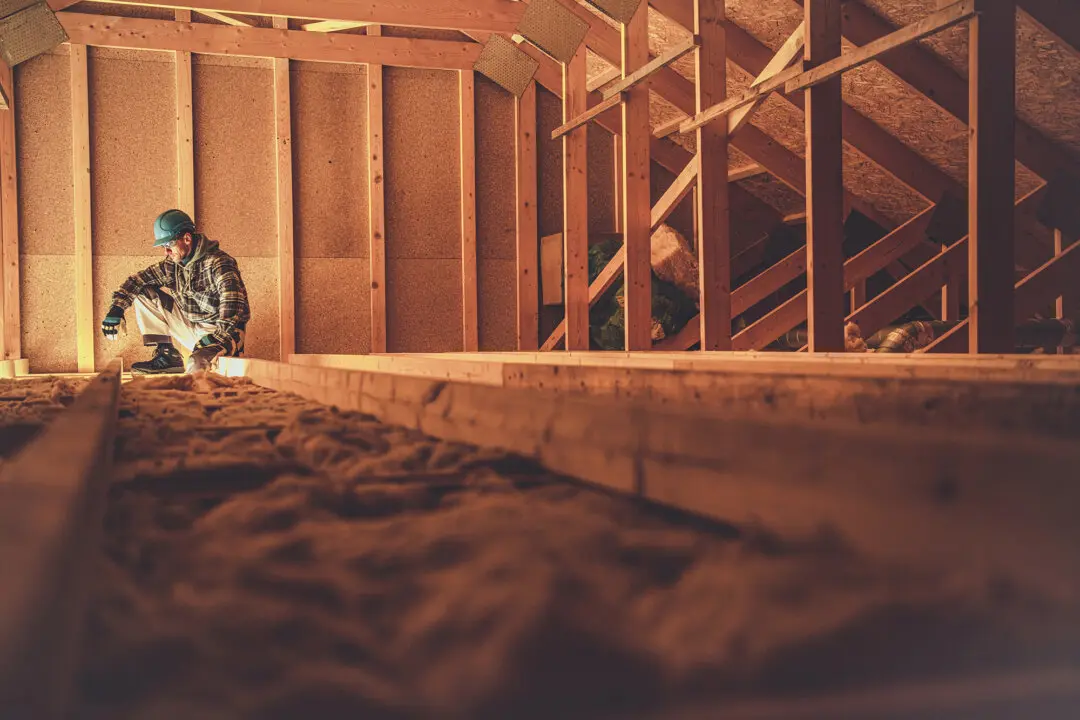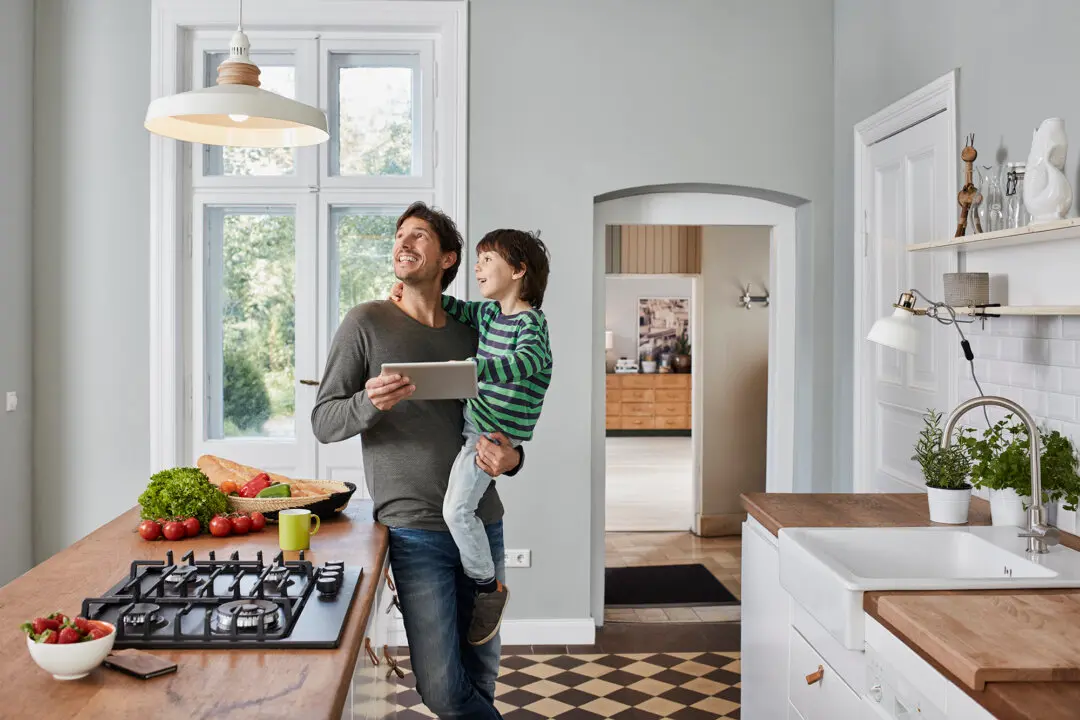The front yard is a home’s public face, its first chance to make an impression. Yet it is often an afterthought, coming in behind planning the perfect kitchen, bathrooms, interior spaces, and a dream backyard. Which means that there may not be much budget by the time one gets around to it.
That’s OK, because it all starts with a simple do-it-yourself facelift, which should be done even if you’ve got major renovation in mind. The idea is to get down to the bones of the situation. Trim hedges, trees, and other plantings; add a layer of mulch to help control weeds and add fresh texture; and then mow the lawn.





